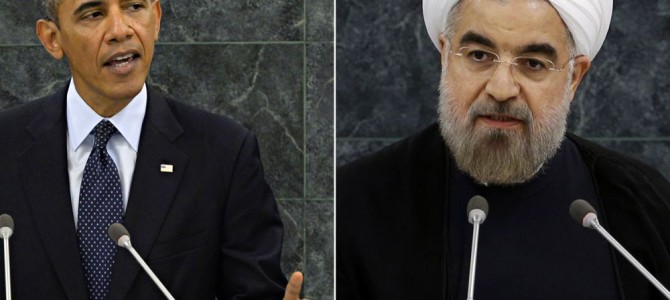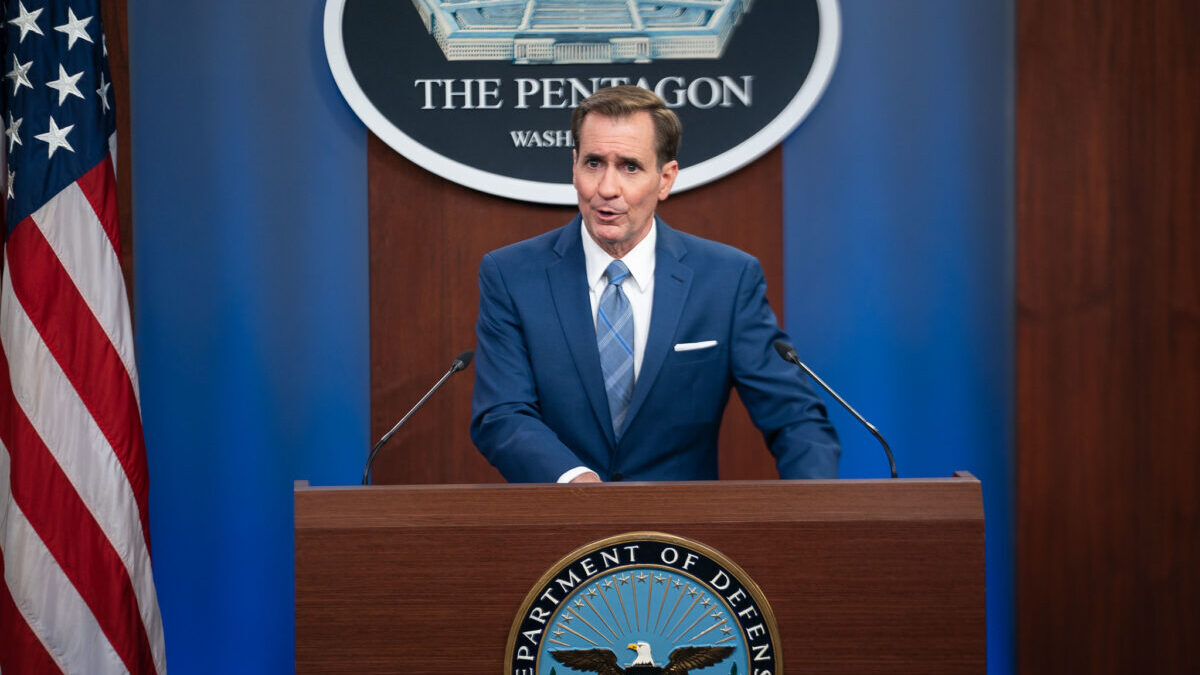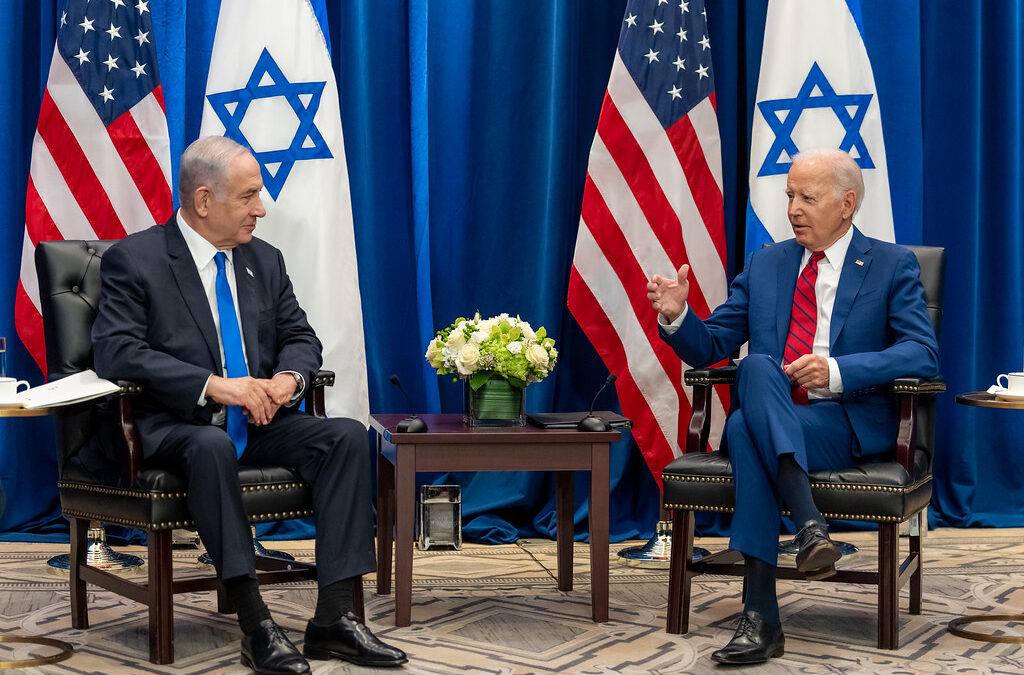
President Obama’s agreement with Iran over its nuclear program will likely remain viable even though he’s lost Senators Chuck Schumer (D-NY) and Bob Menendez (D-NJ). But now that the Associated Press is reporting on one of those secret side deals that not even the Congress is allowed to see (apparently neither is Secretary John Kerry), Obama will lose the public relations battle for good as well as his hope of being seen as a great foreign policy president.
According to AP interviews of anonymous officials, Iran will control the inspections regime at the Parchin military base, a site long suspected of housing experimentation related to the weaponization of nuclear materials. Per the agreement, Iran will provide photos, videos and environmental samples of inspection sites “mutually agreed between Iran and the Agency (IAEA), taking into account military concerns.” So much for the “robust verification measures” the administration promised for two years. This is, of course, the flaw that any child can see. It is hard to imagine any further revelations about the Joint Comprehensive Plan of Action (JCPOA) that could do more damage to it or more clearly reveal that the president’s goal all along was simply any deal that Iran would accept.
The Unprecedented Iran Deal
Sensing peril for the JCPOA, Obama’s supporters pounced immediately, first trying to argue that such secret arrangements between the IAEA and the target of its inspections are normal. While it is true that the IAEA does make confidential arrangements sometimes to protect the overall national security of a target of inspections, it has not before allowed the target to control the actual inspections. And irony abounds: we should recall president Obama’s words about the inspections his deal would impose on Iran, that they would require “unprecedented verification.” Allowing the target to control not only what sites can be inspected but also to actually do the inspecting is indeed unprecedented.
Next, Obama supporters tried to blame Israel, alleging that it was behind an effort to forge the text of the secret side deal to tank the JCPOA. So far that charge has gotten little traction since neither the White House nor the State Department has denied the authenticity of the document the AP reported on, and the AP is holding firm on their story.
Finally, supporters of the deal blame the IAEA itself for this unusual arrangement. Yousaf Butt, a nuclear physicist with the British American Security Information Council, argues that because the IAEA might have botched its inspections of Syria’s alleged nuclear program at Al Kibar, Iran might be having trust issues with the IAEA. Let’s assume for the sake of Butt’s argument that the IAEA is guilty as charged. How does that erase Iran’s decades of cheating, lying and negotiating in bad faith? Would not the better approach be to firm up the IAEA’s methods rather than to trust the party guilty of myriad sins? It is worth noting that Butt strongly implies that the handwringing over Parchin is old news and not worthy of our attention, much less of sacrificing the JCPOA. So he’s willing to assume the best of Iran and the worst of the international agency on which the authors of the deal hang everything.
This story will intensify as the Congress debates the merits of the JCPOA, but so far, most of the criticism of the deal has been borne out as reporters and the Senate dig deeper.
Of course, the president will never lose his die-hard supporters, but if AP’s revelations hold, the president has lost more than some of his most consistent Senate supporters. He’s lost any hope of being seen as a successful foreign policy thinker and president.
Why Obama Is Reagan’s Opposite
The president has never sought this deal simply as a legacy bauble. Obama dreams bigger than that. He wants to be as consequential as President Reagan when it comes to his foreign policy and the ideas that back it up. He wants a Reagan-sized legacy and that requires the public to endorse him as a transformational leader.
Reagan succeeded in his great foreign policy testing with two main ideas: peace through strength and trust but verify. His diplomacy was preceded by gathering force that was used to intimidate his enemies and thereby set the negotiation table to his liking. Then he held them to every jot and tittle of the agreements by strict verification measures—with the U.S.’s huge and powerful arsenal of democracy always looming in the background. He even rattled the saber from time to time in various spots around the globe to remind his counterparts who had the leverage.
Obama is Reagan’s opposite. He has spent six and a half years diminishing his strength rather than increasing it even as he seeks peace at the negotiating table; peace to him is a product of negotiations plain and simple. The Ayatollah was all too glad to accept the invitation to set the negotiating table to his own liking. And now that the talk produced a deal, Obama has agreed to trust Iran with no verification.
For sure, Obama’s big idea is not Reagan’s; rather, Obama’s idea is that a cowed and bowed America will induce good behavior from its enemies.
The public will scratch their heads over this and do one of two things or a combination of both: question Obama’s intelligence or question his self-seeking ambition.
They understand that a person who is guided by reason—no matter how smart he or she is—does not study the Iranian regime and conclude that it can be trusted. And a person who is guided by the national interest does not prioritize personal glory.
The public knows and endorses Reagan’s ideas; and this is not Iraq that pulls them in two directions at once. The death-chanting and ever-threatening Iranian regime is evil to the American public, so Obama’s capitulation on the only item in his deal that gave him any credibility as one reasonably pursuing the national interest is going to cost him the public’s endorsement for his deal and his legacy.
Correction: This article originally said that Sen. Joe Manchin (D-WV) is opposed to the Iran deal. Sen. Manchin has not stated his position on the deal.









